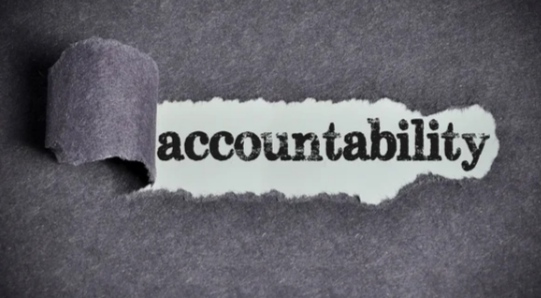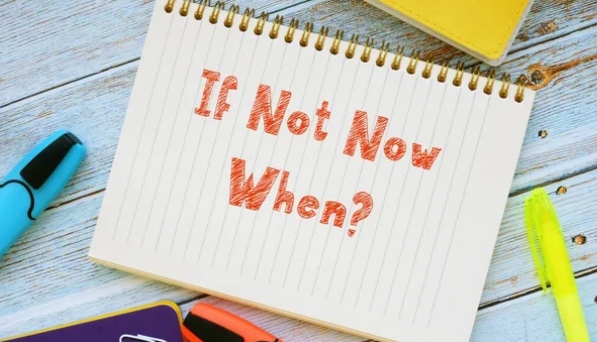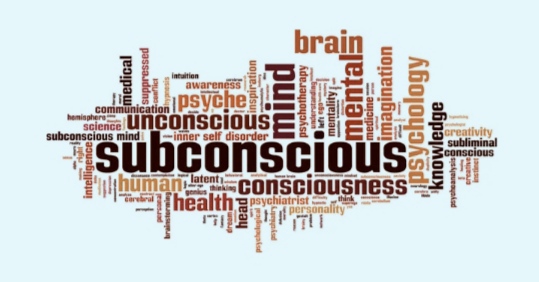
Taking responsibility for your actions is one of the most important traits a person can possess. It involves owning up to your mistakes, being accountable for your choices, and facing the consequences of your actions. While it may not always be easy or comfortable, taking responsibility is crucial for personal growth, building trust with others, and leading a fulfilling life.
First and foremost, taking responsibility for your actions means acknowledging when you have done something wrong. This may involve admitting mistakes, apologizing to those affected, and making amends to rectify the situation. By taking ownership of your actions, you demonstrate maturity, humility, and integrity. It shows that you are willing to learn from your mistakes and strive to do better in the future.
Furthermore, taking responsibility for your actions helps to build trust and credibility with others. When you are honest about your shortcomings and take steps to correct them, you earn the respect and admiration of those around you. People are more likely to trust and rely on someone who is accountable for their actions, rather than someone who shifts blame or makes excuses. By consistently demonstrating responsibility, you can strengthen your relationships and foster a positive reputation.
In addition, taking responsibility for your actions is essential for personal growth and development. When you own up to your mistakes, you have the opportunity to reflect on what went wrong and how you can do better next time. This self-awareness allows you to learn from your experiences, improve your decision-making skills, and become a more responsible individual. By taking responsibility for your actions, you can become a stronger, more resilient person. A person who is better equipped to navigate life’s challenges.
Finally, taking responsibility for your actions is a key aspect of living a fulfilling and meaningful life. When you accept accountability for your choices, you empower yourself to create the life you desire. By taking ownership of your actions, you take control of your destiny and shape your own future. Rather than being a passive bystander, you become an active participant in your own life. Making conscious choices that align with your values and goals.
Therefore, taking responsibility for your actions is a fundamental aspect of being a responsible, mature, and ethical individual. By owning up to your mistakes, being accountable for your choices, and facing the consequences of your actions, you demonstrate integrity, build trust with others, foster personal growth, and create a more fulfilling life. So next time you find yourself in a difficult situation, remember to take responsibility for your actions – it may be challenging, but the rewards are well worth it.









